Eczema On Lips: Causes, Treatment Options, & Prevention Tips
Hydrate your lips and manage the signs of eczema without much trouble.
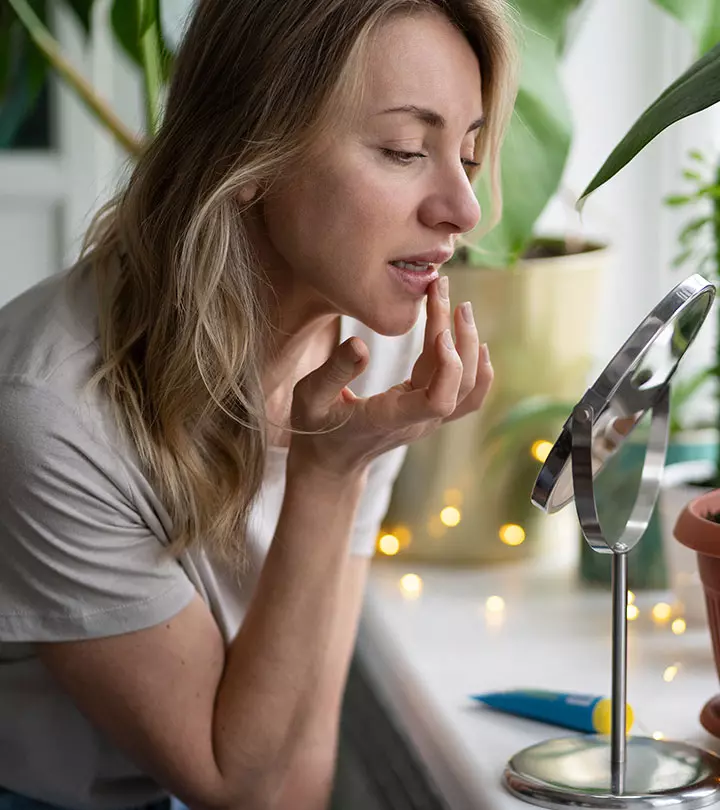
Image: Shutterstock
Eczema on the lips, also known as eczematous cheilitis or lip dermatitis, can be irritating and uncomfortable. This condition may cause inflammation, redness, scaling, and dryness, leaving the lips irritated (1). You might have to keep hydrating your lips to manage this condition and prevent dry skin and a lip rash. Read this article to know more about eczema on lips, its causes, and treatment options.
In This Article
What Is Eczematous Cheilitis
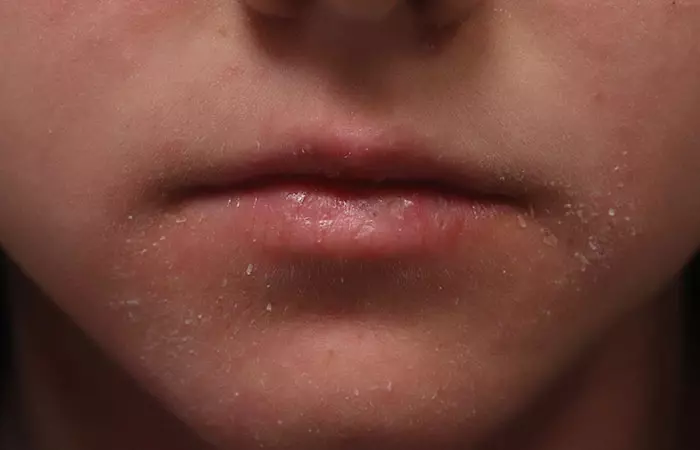
Eczematous cheilitis is an inflammatory skin condition that affects the lips and causes scaling, redness, and dryness. It can be of two types (2):
- Endogenous: This type of eczematous dermatitis is caused by endogenous factors like gene mutation or loss of plasticity. Atopic dermatitis is a common example of endogenous eczematous cheilitis.
- Exogenous: This is caused by factors outside the body. Exogenous eczematous cheilitis is of two types: irritant and allergic. Irritant contact cheilitis is caused due to lip licking, cosmetics, foods, and other environmental issues. Allergic contact cheilitis is caused by allergens that may be present in dental products, medications, food, and lip products. Keep scrolling to learn the most common risk factors of eczematous cheilitis.
 Trivia
TriviaKey Takeaways
- An inflammatory skin condition, eczematous cheilitis, affects the lips. As a result, you experience scaling, redness, and dryness.
- Endogenous and exogenous are the two types of eczematous cheilitis.
- It can be caused by skin deterioration, gene mutation, medication, allergic reactions, or family history.
Causes And Risk Factors
- Allergic Reactions

Allergens found in lipsticks, oral hygiene products like toothpaste, foods, ointment bases, fragrances, preservatives, antioxidants, and dyes may trigger eczematous cheilitis. Objects like dental materials, musical or occupational instruments, metals, leather objects that come in contact with your lips may also cause allergic reactions (3).
 Did You Know?
Did You Know?- Medication
Some medications like topical antibiotics, virostatic agents, disinfectants, and local anesthetics may also cause allergic reactions and irritate the lips.
- Gene Mutation
Eczema is caused due to a mutation to a gene called filaggrin that is responsible for skin cell maturity and forming tough corneocytes (dead skin).
A mutation in this gene causes skin barrier dysfunction, leading to water loss, scaling, itching, and dryness (4).
- Skin Deterioration
Loss of lip plasticity (lip thinning) and delayed hypersensitivity may also cause eczematous cheilitis. In addition, the condition reduces the number of beta-defenses (skin’s primary defense system) in the skin, which makes it prone to infections caused by viruses, bacteria, and fungi (2), (4).
- Family History
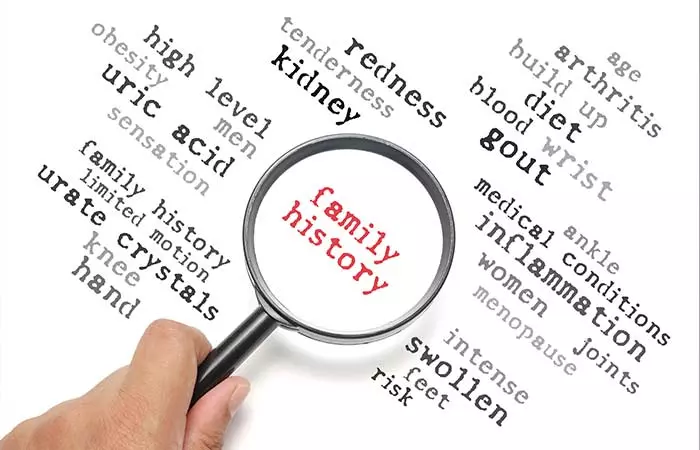
If you have a history of eczema in your family, you may also develop the condition.
Eczema on the lips may also be caused as a reaction to other conditions like atopic cheilitis, irritant contact cheilitis, and allergic cheilitis. Here are some of the symptoms to look out for.
Symptoms
The common symptoms of lip dermatitis or eczematous cheilitis are (3), (4), (5):
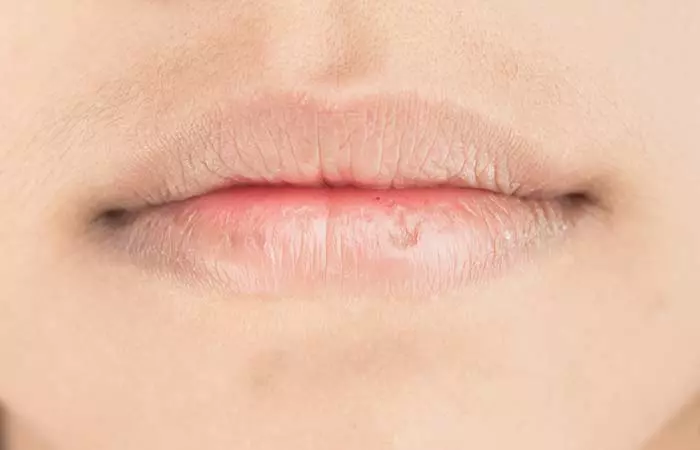
- Dryness
- Scaling
- Erythema (redness)
- Fissuring (splits or cracks with and without bleeding)
- Itching
- Boils
- Blisters
- Swelling
- Rashes
In a few cases, you may also notice lip discoloration. Scratching the affected area continuously may also lead to the thickening of the skin. If you notice any of these symptoms on your lips, consult a dermatologist. There are a few treatment options that your doctor may recommend.
Treatment Options
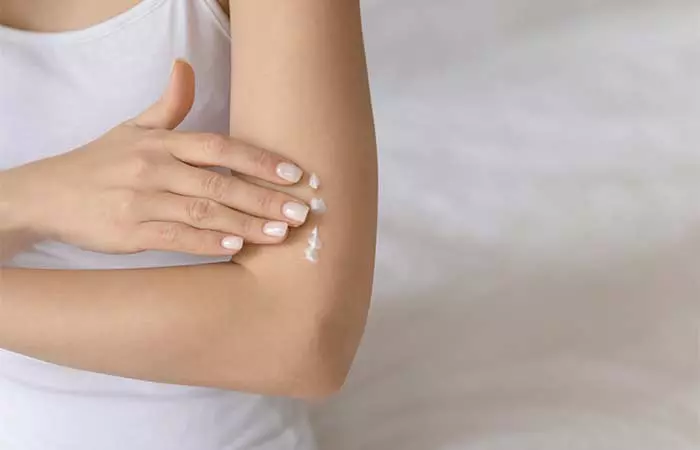
Treatment for eczema focuses on hydration and anti-inflammatory medication to calm flare-ups. It mainly centers around maintaining a daily skin moisturizing regimen paired with a fragrance-free ointment. The doctor may recommend (4):
- Fragrance-free topical ointments for hydration
- Topical anti-inflammatory medications like steroids
- Steroid-free products like pimecrolimus, tacrolimus, or Eucrisa
- Oral antihistamines for itching
If you have a history of allergies, the doctor might do a patch or allergy test to identify potential triggers. They may ask you to stay away from harsh detergents, soaps, and products that may contain allergens like artificial dyes, fragrances, and preservatives.
The doctor may recommend a prick test. To do it, they may put a drop of allergen solution on your arm and prick the skin to let it enter. They will check the area after half an hour for any adverse reactions.
Apart from these treatment options, you also may try out a few home remedies to help minimize the symptoms of eczema on your lips.
Natural Remedies For Eczema On Lips
- Coconut Oil: Coconut oil is an essential oil for eczema. Its anti-inflammatory and moisturizing properties can relieve dryness and itching (6).
- Honey: It works as a natural humectant and an antimicrobial agent and soothes and hydrates the skin to prevent infections (7).
- Aloe Vera: Its anti-inflammatory and hydrating properties help calm irritated skin and promote healing (8).
- Shea Butter: It is rich in vitamins and fatty acids that offer deep moisturization (9).
- Chamomile: Applying chamomile tea or oil can reduce inflammation and soothe the lips (10).
- Calendula: Calendula, extracted from marigold flowers, has anti-inflammatory and healing properties and may help treat eczema (11).
Ully, a YouTuber, shared her journey of overcoming a persistent issue with lip eczema. She used castor oil, which helped her lips a lot. She said, “After this, sort of the six-seven-month mark, my lips healed almost completely. They might have been a little bit dry here and there, but honestly, (they are) pretty much completely healed (i).”
Always perform a patch test while trying new remedies to avoid potential allergic reactions. Seek medical advice for severe or persistent cases.
Here are some preventative measures you can take to minimize the eczematous flare-ups on the lips.
Prevention Tips
- Do a patch test before using any product to avoid allergic reactions.
- Avoid things that trigger your allergies or irritate your skin.
- Stick to a daily lip care routine that includes moisturizing products.
- Do not scratch or rub your lips.
- Do not put any random objects in your mouth. They may contain allergens and bacteria that may worsen the symptoms.
- Do not pull the dry flakes from your lips.
- Be gentle when cleaning your lips and avoid harsh scrubs or strong products.
- Use a humidifier to add moisture to the air in dry rooms.
- Gently exfoliate your lips once in a while.
- Drink plenty of water and eat a balanced diet to keep your skin healthy.
Eczema On Lips: Triggers And Risk Factors
Eczema does not have a cure, but you can treat the symptoms with proper medicine and moisturization. Also, if you know what triggers the flare-ups, it will be easier to treat and avoid the condition to a great extent. Knowing whether you are predisposed to getting eczema may also help you prevent it.
Check out the infographic below to learn some of the common triggers and risk factors of eczema on lips. Illustration: StyleCraze Design Team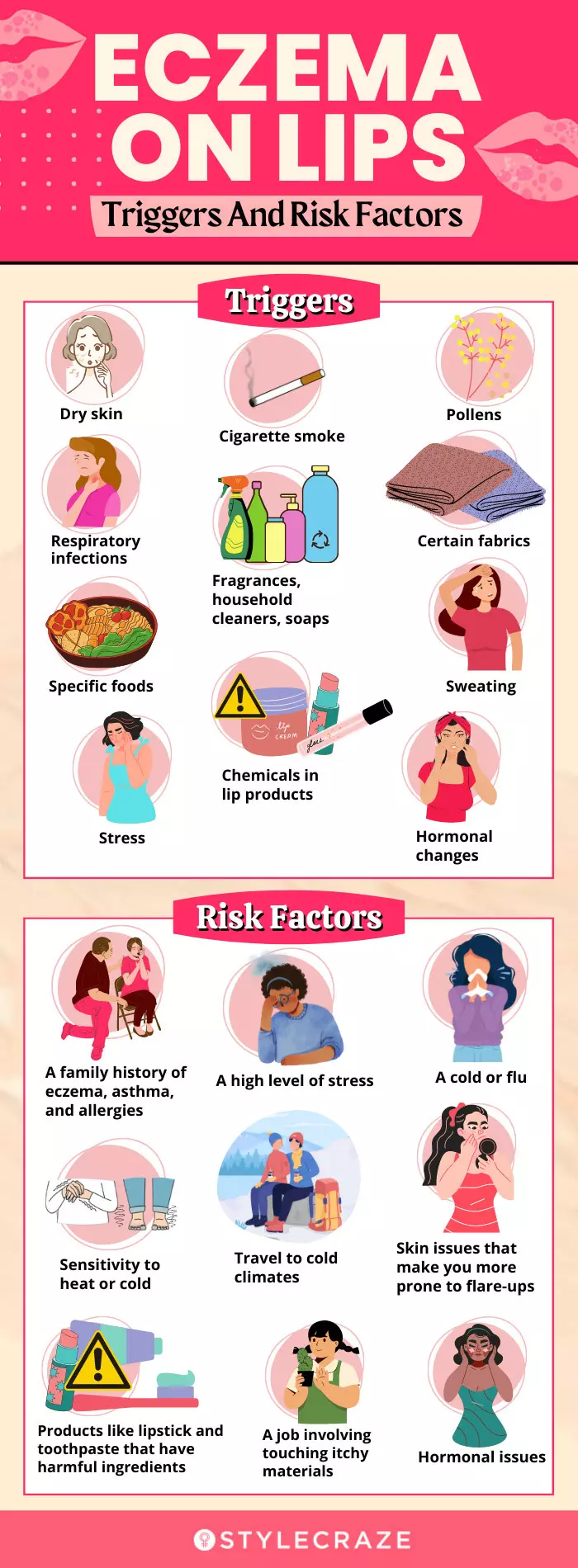
Eczema on lips can be irritating, painful, and uncomfortable. Since this skin condition does not have a cure, all you can do is treat the symptoms and prevent flare-ups by following a few remedies and making lifestyle changes. Genetics, family history, environmental factors, etc., may cause eczema. You can treat the symptoms with topical ointments, oral antihistamines, and anti-inflammatory medications like steroids. Following the tips mentioned in the article may also help manage eczema on the lips. It is easy to manage this skin condition with proper treatment and moisturizing your skin.
Frequently Asked Questions
Is Vaseline good for eczema on lips?
Yes. Vaseline works great for eczema on lips (12). It helps moisturize and soothe irritated lips, relieve discomfort, and combat severe cracking of delicate skin.
Is lip eczema contagious?
No. Lip eczema is not contagious.
Is aloe vera good for eczema on lips?
Anecdotal evidence suggests that the soothing and healing properties of aloe vera work well for eczema on lips. However, limited data is available to prove these claims.
Does tea tree oil help with eczema on lips?
Yes. Tea tree is better known for its antibacterial and antifungal properties, and it has been found effective in treating eczema (13). Hence, you can use it to treat eczema on the lips.
Is olive oil good for eczema on the lips?
No. The low linoleic and oleic acid ratio in olive oil can damage the skin barrier and aggravate the eczema.
What are the best lip balms for eczema?
Look for fragrance-free, hypoallergenic lip balms made with ingredients like shea butter or beeswax to soothe and protect sensitive lips.
Illustration: Eczema On Lips: Causes Treatment Options & Prevention Tips
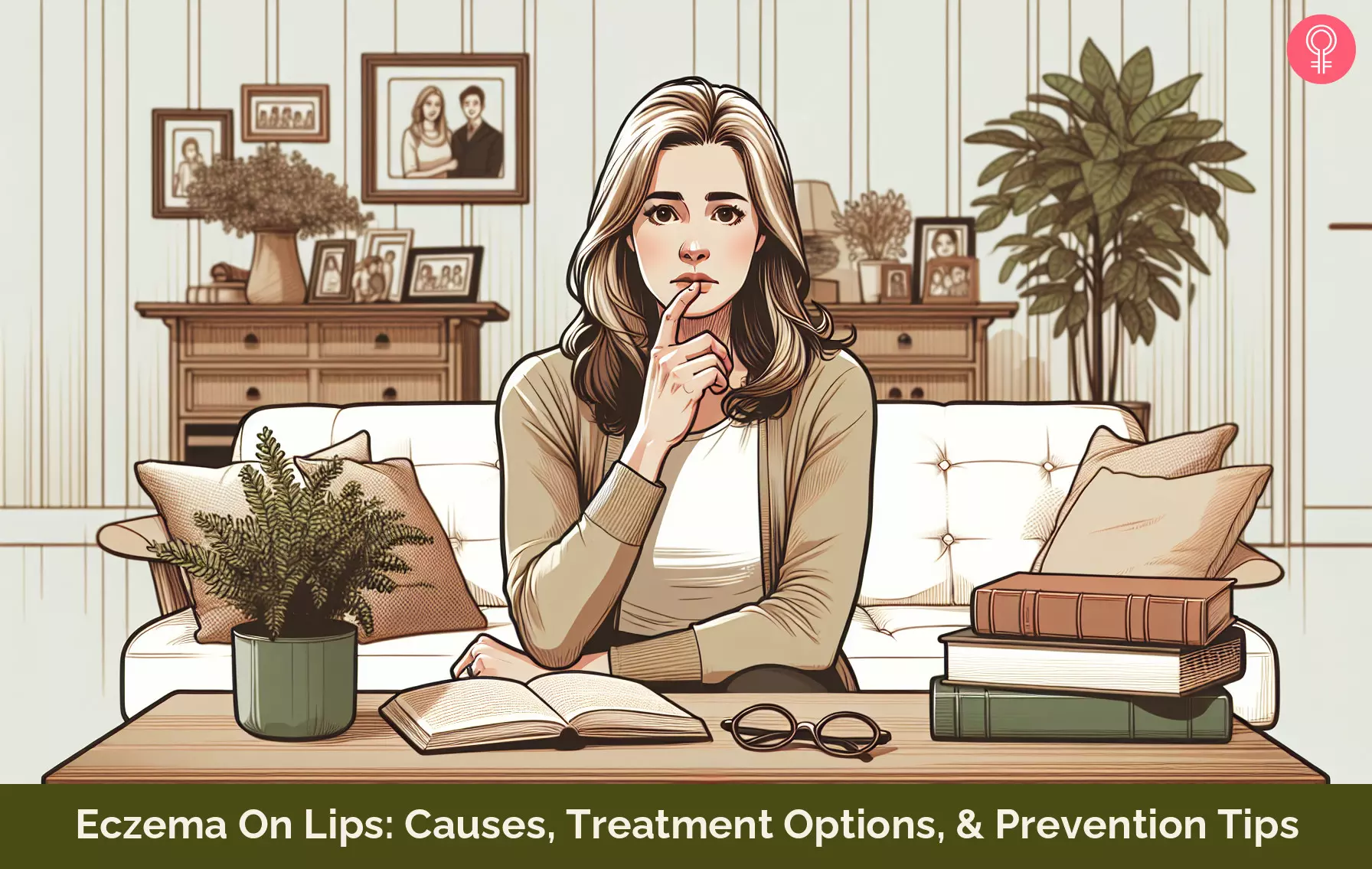
Image: Dall·E/StyleCraze Design Team
Exfoliative cheilitis can cause dry, cracked lips. Get the best tips on how to treat and prevent this condition for healthy lips from this informative video.
Personal Experience: Source
StyleCraze's articles are interwoven with authentic personal narratives that provide depth and resonance to our content. Below are the sources of the personal accounts referenced in this article.
i. How to heal eczema on lips | how to treat lip eczema naturally | lip eczema treatmenthttps://www.youtube.com/watch?v=vcGmCFyJen8
References
Articles on StyleCraze are backed by verified information from peer-reviewed and academic research papers, reputed organizations, research institutions, and medical associations to ensure accuracy and relevance. Read our editorial policy to learn more.
- Dermatology of the lips: inflammatory diseases
https://pubmed.ncbi.nlm.nih.gov/25262747/ - Cheilitis
https://www.ncbi.nlm.nih.gov/books/NBK470592/ - Differential Diagnosis of Cheilitis – How to Classify Cheilitis?
https://www.ncbi.nlm.nih.gov/labs/pmc/articles/PMC6531998/ - Eczema
https://www.ncbi.nlm.nih.gov/books/NBK538209/ - Isolated lip dermatitis (atopic cheilitis) successfully treated with topical tacrolimus 0.03%
https://www.ncbi.nlm.nih.gov/labs/pmc/articles/PMC8141307/ - DIFFERENTIAL DIAGNOSIS OF CHEILITIS – HOW TO CLASSIFY CHEILITIS?
https://www.ncbi.nlm.nih.gov/pmc/articles/PMC6531998/ - Topical tea tree oil effective in canine localised pruritic dermatitis–a multi-centre randomised double-blind controlled clinical trial in the veterinary practice
https://pubmed.ncbi.nlm.nih.gov/15568640/ - DIFFERENTIAL DIAGNOSIS OF CHEILITIS – HOW TO CLASSIFY CHEILITIS?
https://www.ncbi.nlm.nih.gov/pmc/articles/PMC6531998/
Read full bio of Dr. Madhuri Agarwal
Read full bio of Anjali Sayee
Read full bio of Ramona Sinha
Read full bio of Shiboli Chakraborti







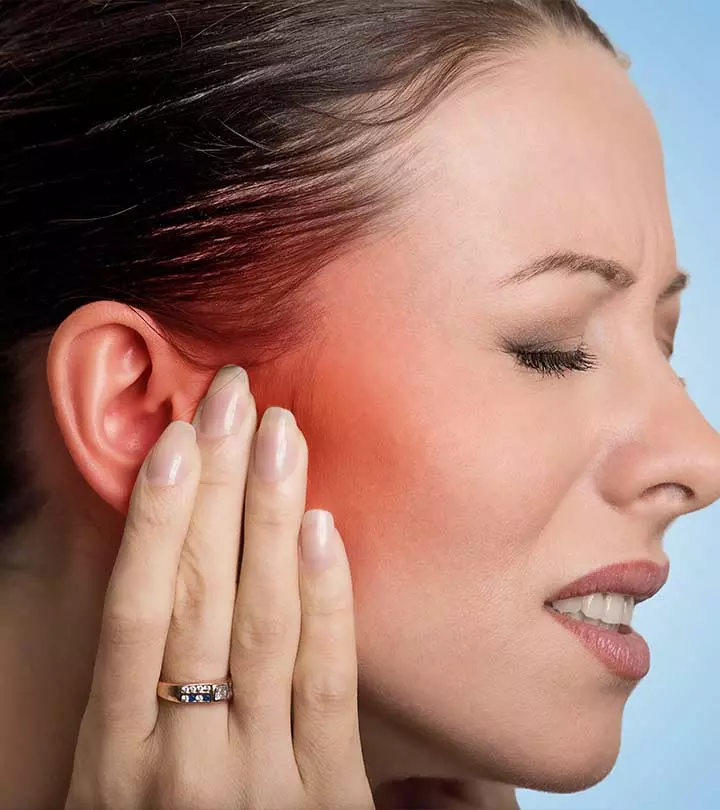
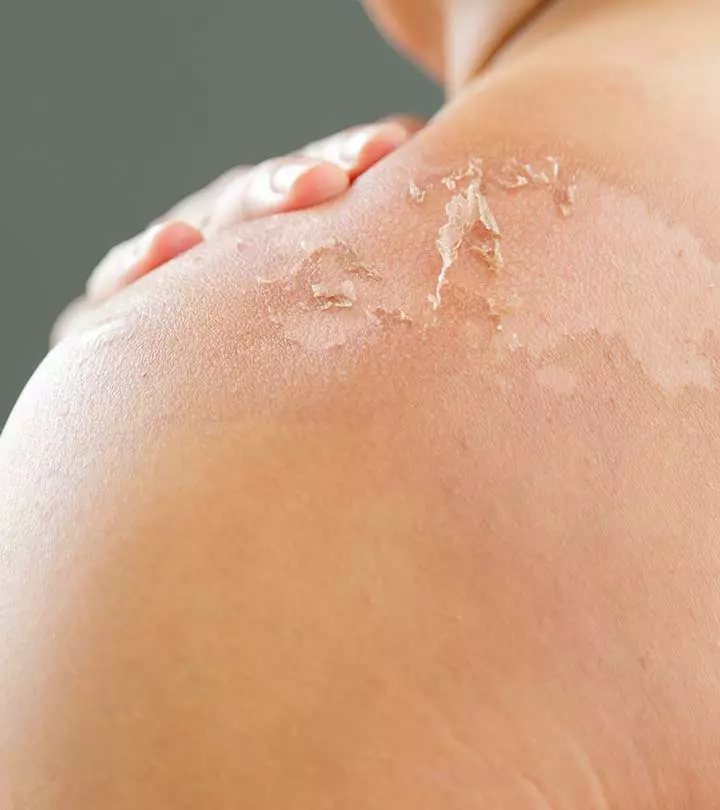
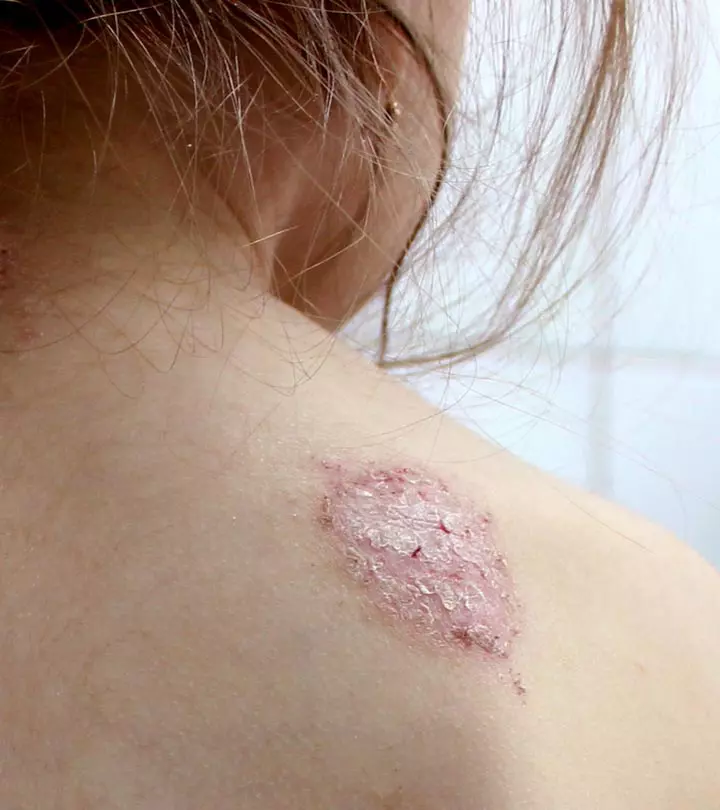


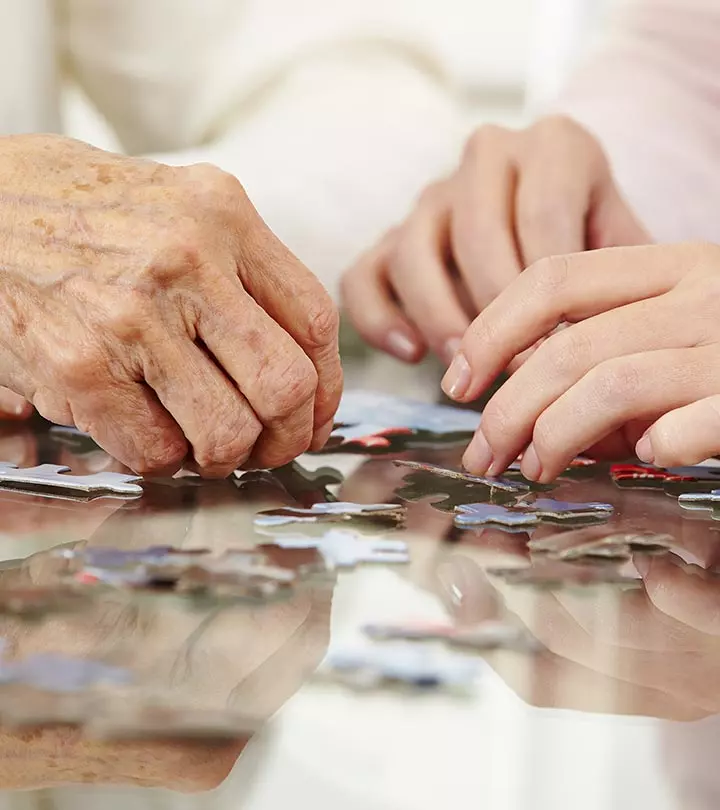
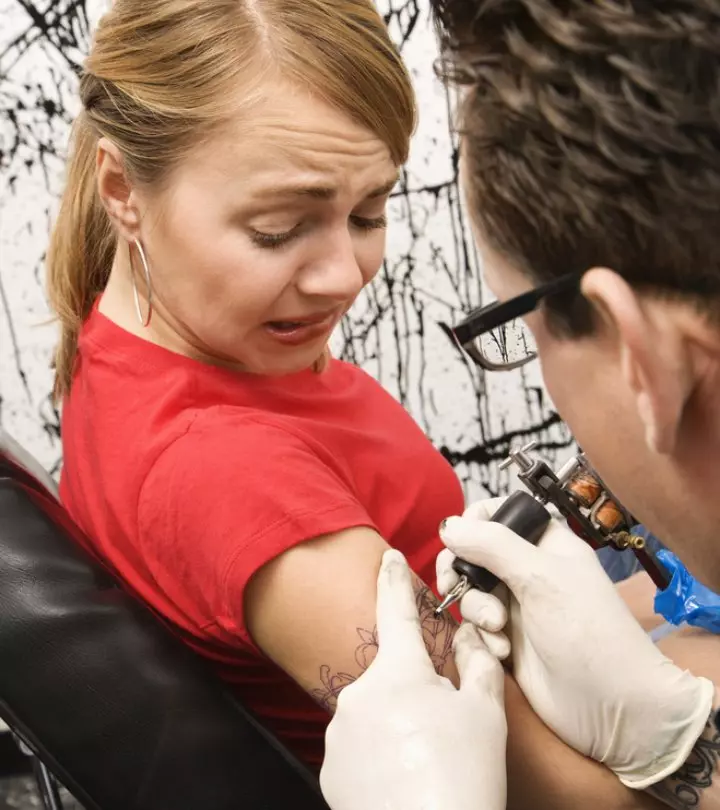
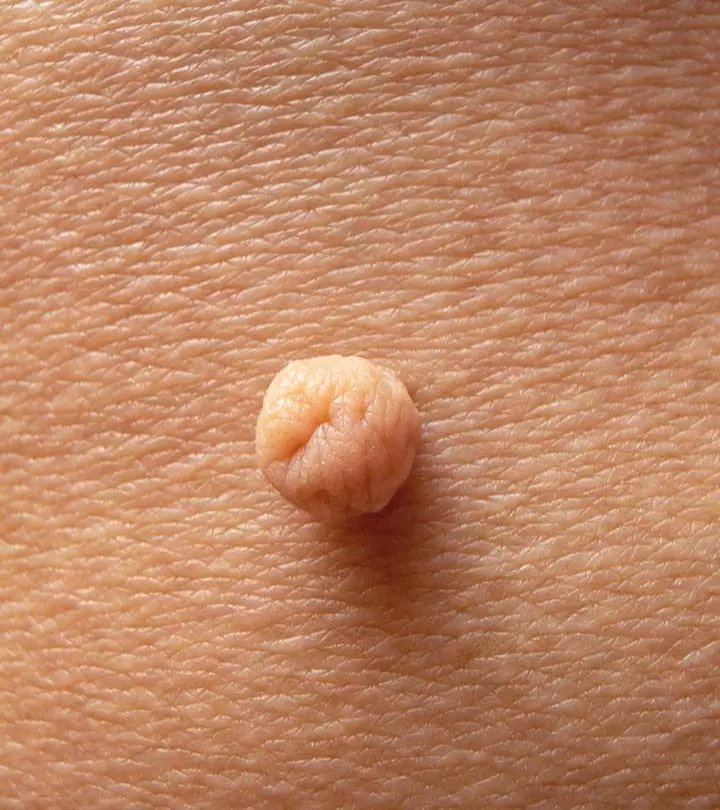
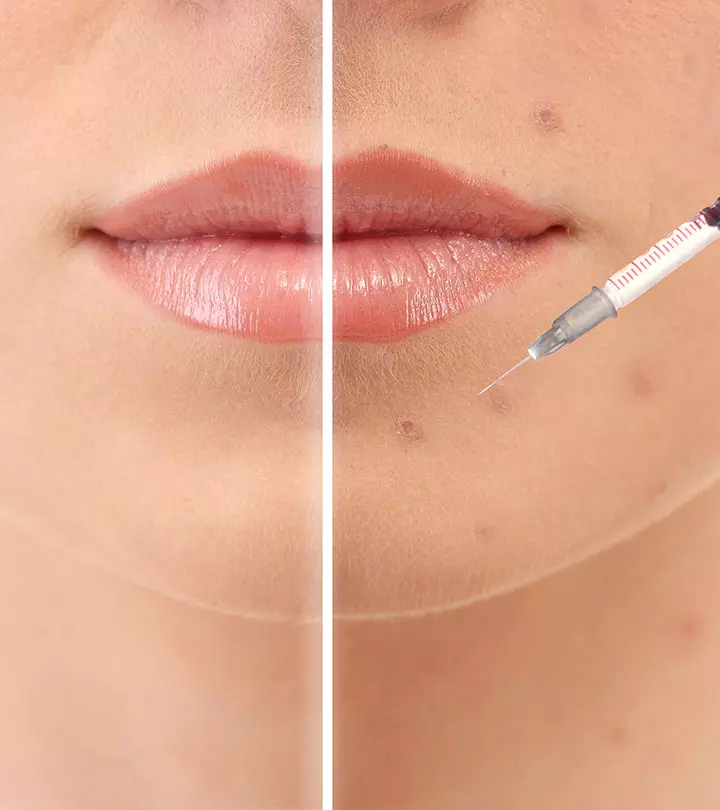
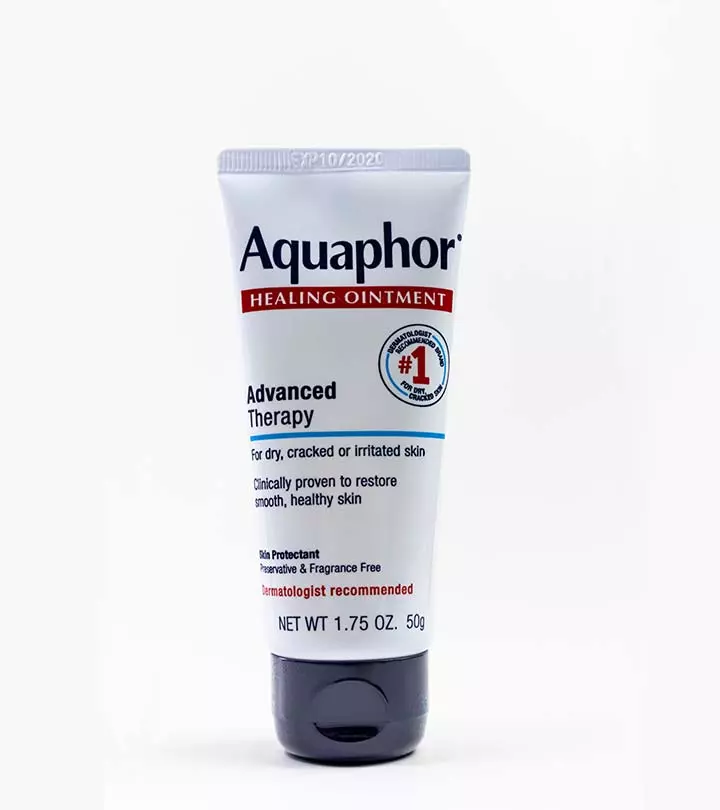
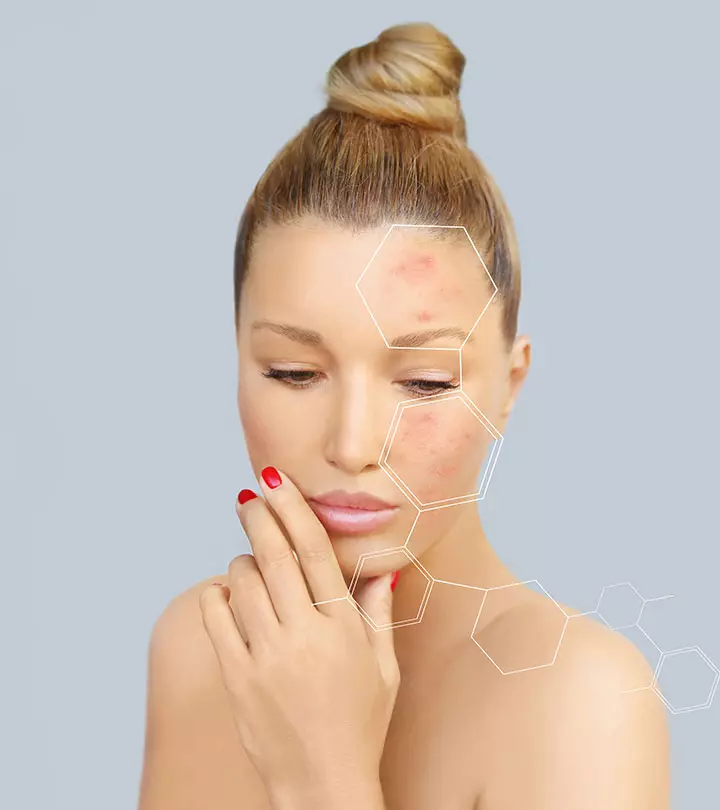
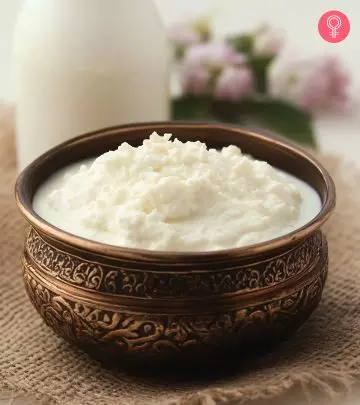
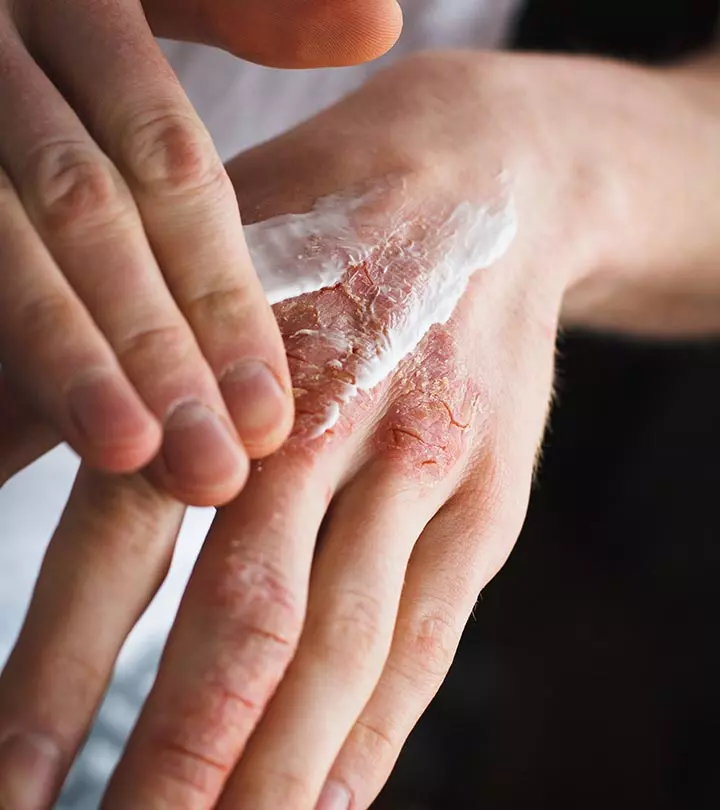

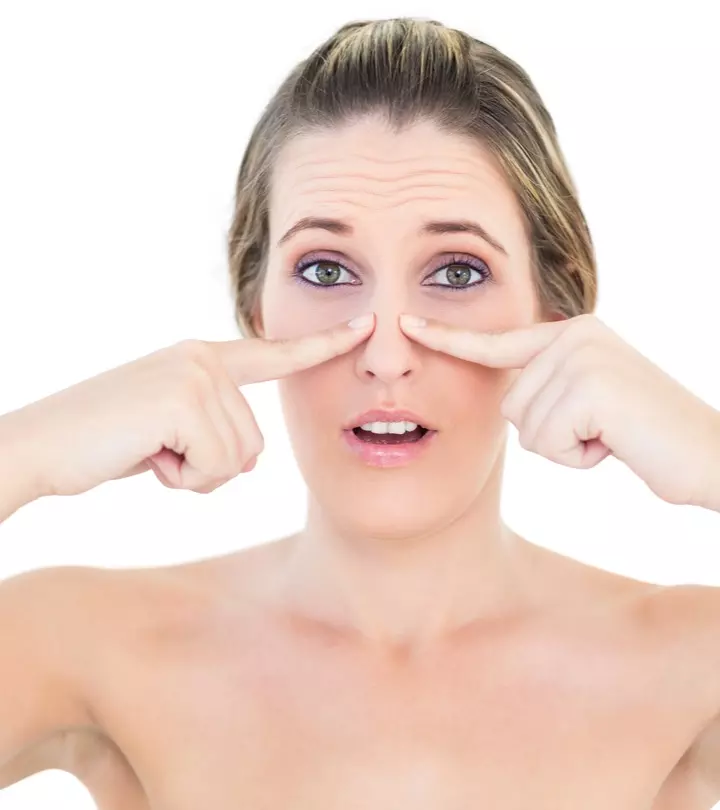
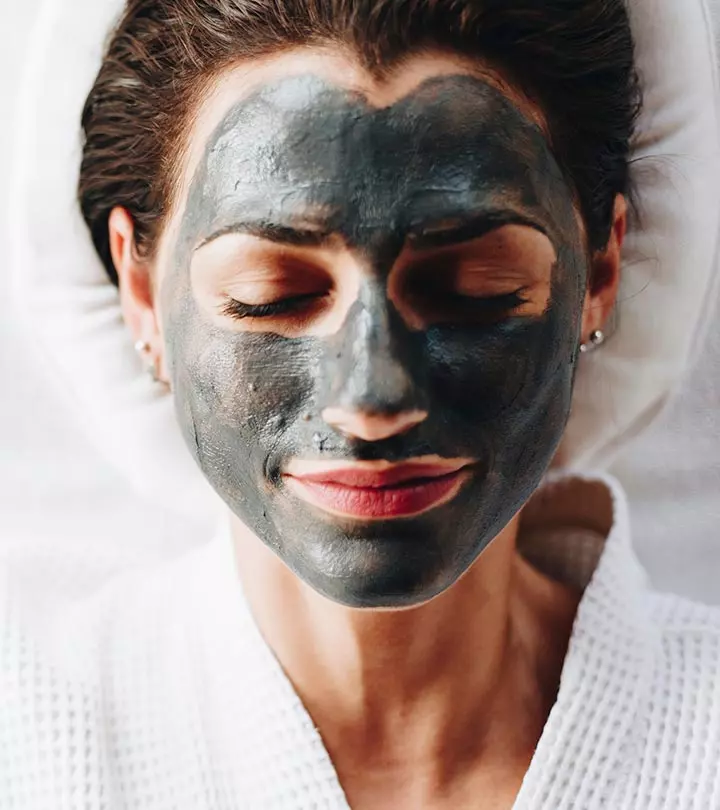
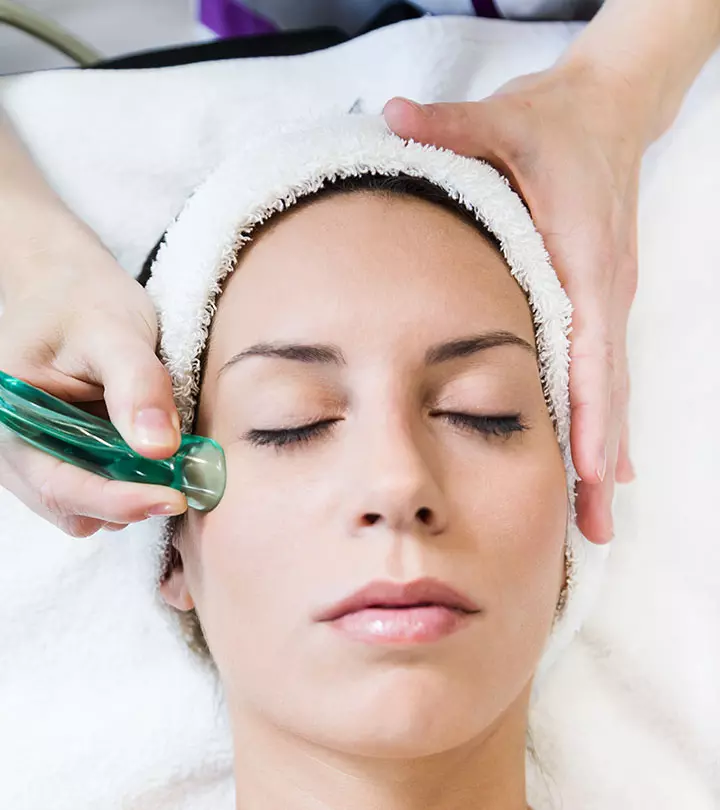
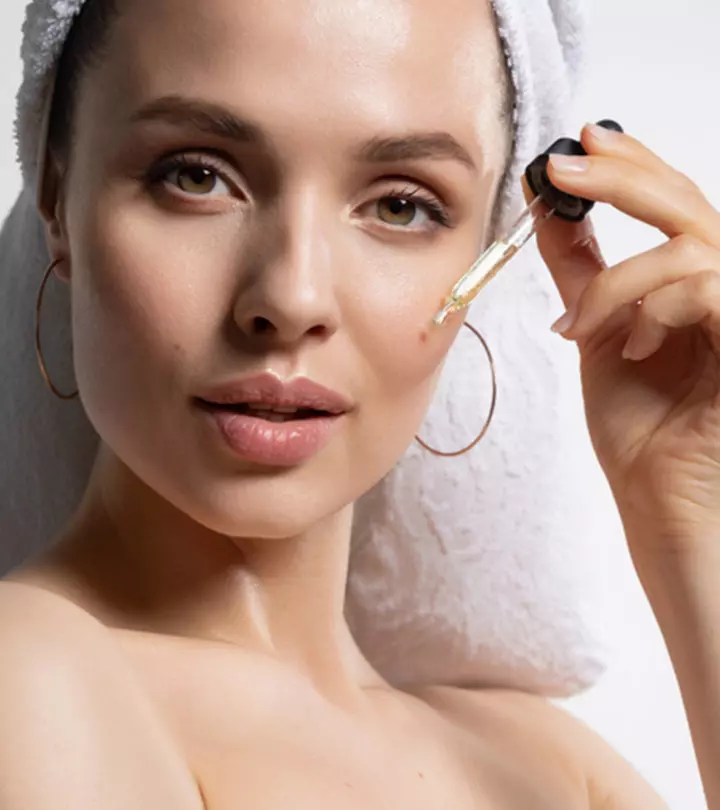

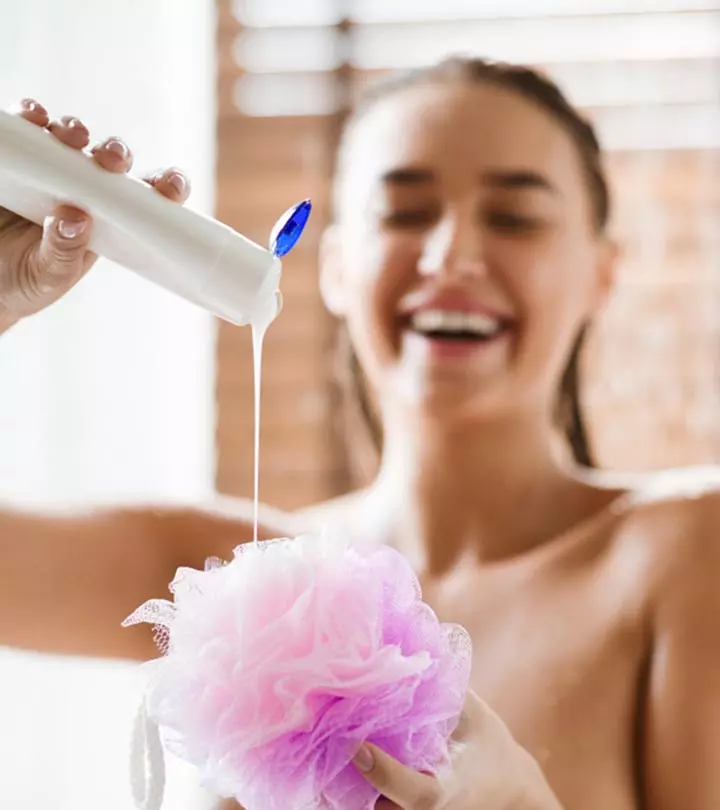
Community Experiences
Join the conversation and become a part of our empowering community! Share your stories, experiences, and insights to connect with other beauty, lifestyle, and health enthusiasts.